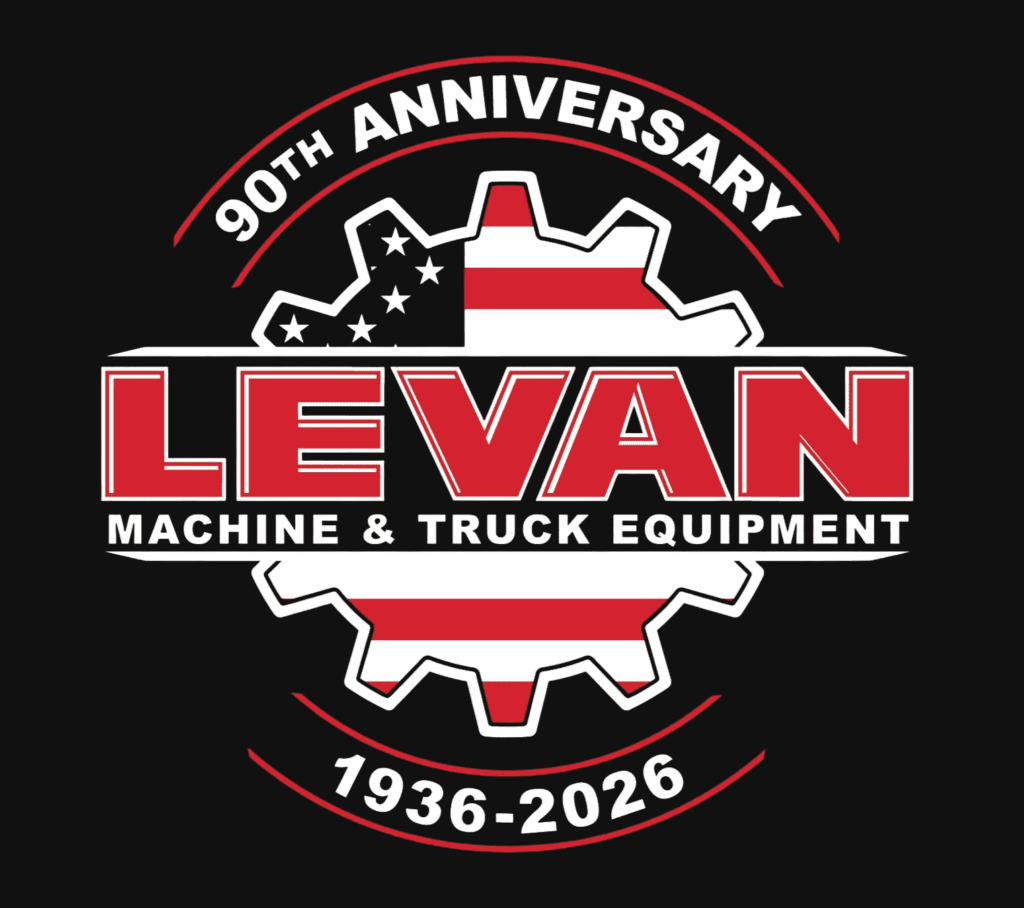When it comes to powering equipment on heavy-duty trucks, the choice of hydraulic system is critical. The two most common options are electric hydraulic systems and central hydraulic (PTO) systems. Understanding the differences helps fleet managers and operators choose the right solution for performance, efficiency, and long-term reliability.
What is a Central Hydraulic System?
A central hydraulic system uses a power take-off (PTO) from the truck’s transmission or a clutch pump from the truck’s engine to run a hydraulic pump, depending on the application. This pump provides consistent, high pressure hydraulic power to multiple attachments, making it ideal for heavy-duty applications. In contrast, electric hydraulic systems rely on electric motors to power a hydraulic pump. While effective for lighter tasks, they often lack the continuous power needed for demanding applications.
Electric Hydraulic Systems: Pros and Cons
Pros:
- Simpler Installation – Because electric hydraulic systems do not require a PTO hookup, they can be installed more quickly.
- Engine Idling Reduction – Significantly reduces or eliminates the need to idle the engine, saving fuel and lowering operating costs.
- Environmental Friendliness – Offers a more environmentally friendly operation.
Cons:
- Power Limitations – May not offer the same peak power as a direct engine-driven PTO for the heaviest tasks.
- Battery Strain – Heavy electrical use can drain the truck’s battery system more quickly.
- Technical Challenges – Continuous use can lead to overheating, limiting the performance in demanding environments.
Central Hydraulic (PTO) Systems: Pros and Cons
Pros:
- Power and Versatility – A central hydraulic system can run multiple truck functions, such as a dump body, uplift, and snowplow, all from one power source.
- Efficiency – Provides continuous, reliable power without relying on the truck’s electrical system.
- Durability – Built for long-term, heavy-duty use in commercial fleets.
Cons:
- Engine Dependence – Central hydraulic systems require the engine to run, which could be a disadvantage for certain tasks.
- Maintenance – Clutch pump requires precise alignment and regular maintenance of all the components. But, the good news is that our experts at LMTE can take care of alignments and maintenance for you.
Choosing the Right Hydraulic System for Your Truck
The decision between electric and central hydraulic (PTO) systems comes down to a number of key factors for your truck’s workload. If your truck requires high torque applications, you may want to consider a central hydraulic system compared to an electric system that is more suitable for lighter loads. If your priority is reducing your cost and maintenance requirements, electric systems may offer lower lifetime costs due to reduced maintenance, while central hydraulic systems have a higher upfront cost and require ongoing hydraulic fluid maintenance.
Whether you are planning installation for a dump truck or a truck snowplow, choosing the right system is almost as important as the equipment itself. At Levan Machine and Truck Equipment, we understand that your truck’s hydraulic system, quality maintenance, and repair services are critical for reliable performance across a wide variety of industries. Our team of experienced technicians are here to help you discover the ideal upfitting choices for your truck. Contact us today to learn more.

